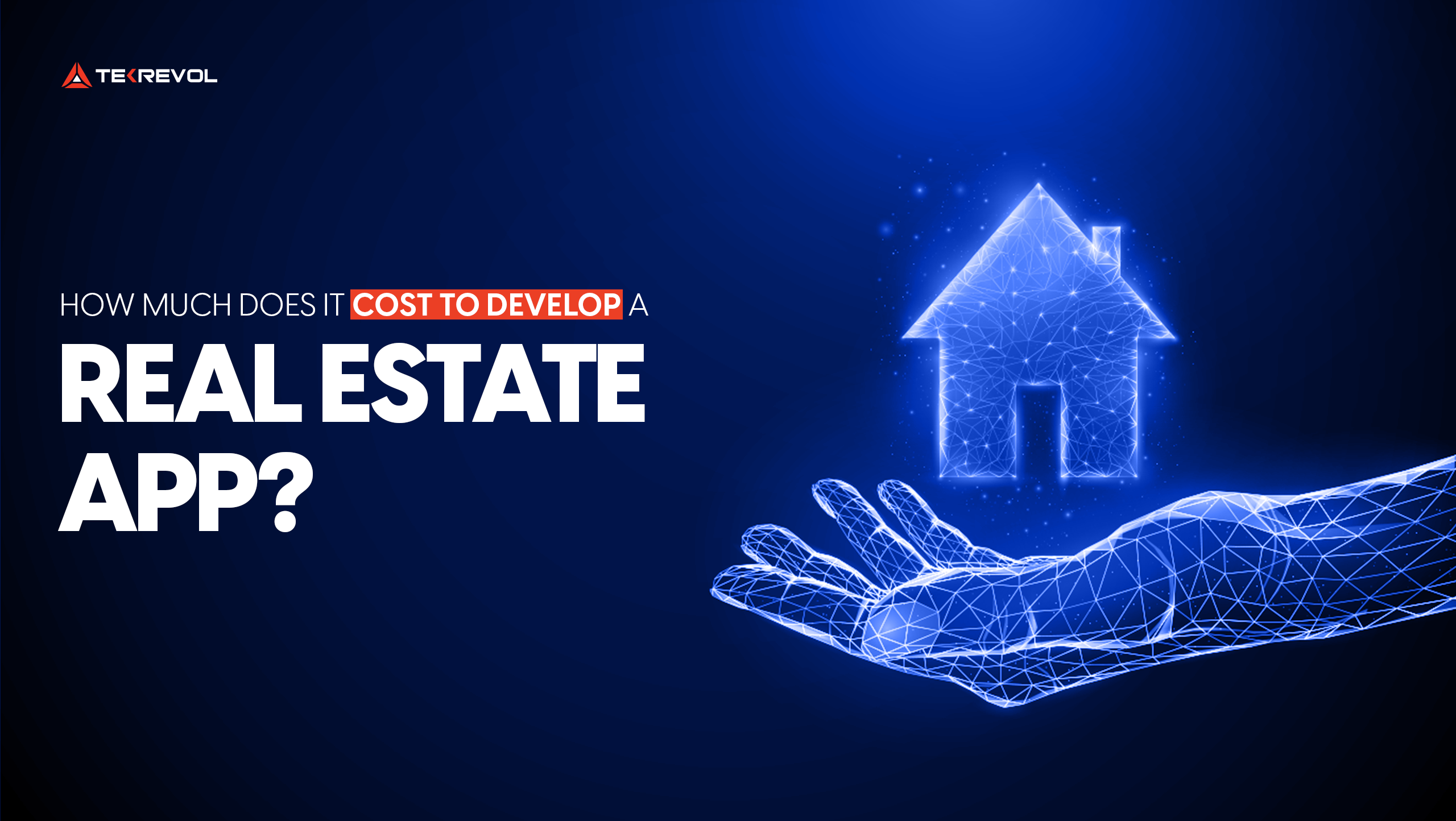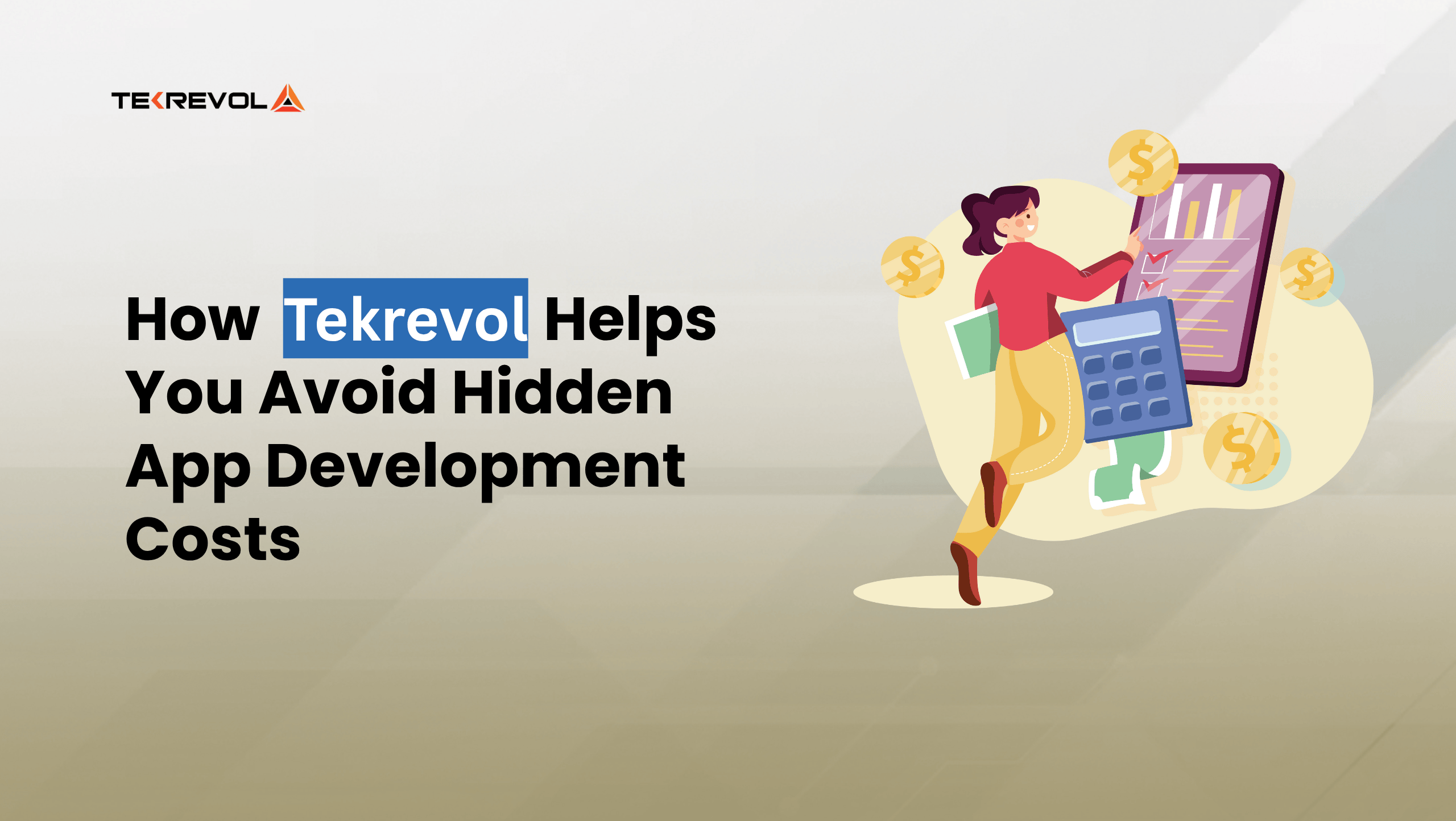A real estate app is a software application tool designed for mobile, web, or desktop devices for individuals, businesses, investors, and realtors to search and explore the property for sale and purchase.
Real estate app development naturally includes features like an address search function, image view, property floor plans, and other important details about the property and the neighborhood.
Individuals and business investors once had to rely on the availability and resources of a real estate agent to buy or sell property.
The real estate agent was exclusively responsible for the rental or sale/purchase of properties and getting potential customers.
These practices have taken a significant turn since the entry of digitalization, where every industry is shifting its focus into the new future, where everything is moving.
Slow-moving sectors like real estate shifted towards mobile platforms, which came to notice by many stakeholders of the property market.
With an unprecedented growth in real estate market worldwide, the worth is expected to display an annual growth rate (CAGR 2023-2028) of 4.70%, ensuing in a market volume of US$142.88tn by 2028.

This demand, in effect, increased the real estate industry and everyone associated with it, including a renowned real estate mobile application development company, and people are now working to fill the void between supply and demand. This creates a unique question: How much does a real estate app cost to develop?
What is the Typical Cost of Real Estate App Development?
The average cost of creating a real estate app loaded with features varies from $83,000 to $100,000.
However, this cost can also change based on certain factors like UI/UX design, app complexity, development team size, and the development company’s location.
A mobile app development company can develop a real estate application with minor features at an affordable cost than an app that includes all proposed functionality. This kind of app is known as the minimum viable product (MVP), and it will take around $9000 to build it.
- Are You Looking to Develop a Real Estate App for Your Business?
- Our experienced app developers specialize in crafting best Real Estate mobile apps that will bring your vision to life.
Factors Affecting the Cost of Real Estate Application Development

The cost of a real estate application development is affected by many factors, and it is imperative to address each of them during the planning stage to guarantee the project’s success. Developing bodies should work with clients to understand their requirements and budget limitations to create a high-quality app that meets their needs.
Real estate app development is an intricate process that includes many factors to determine the development cost. Following are some of the significant factors that affect the price of real estate app development:
Platform (iOS, Android, Web, and others)
The app development platform significantly impacts the cost of development. For example, creating an app for iOS devices is more expensive than creating one for Android devices because iOS requires a specific programming language with strict guidelines that need to be followed for a successful development process.
Design and UI
A real estate application’s design and user interface are essential factors that help determine the development cost. The more complex the design and layout of an application, the more worth it will require to develop. A good structure and UI can aid more to attract and retain users, but it also needs more work and testing.
Features and Functionalities
The number of intricate features and functionalities needed to create best real estate app also influences the cost. Essential features like property listing, search, and user profile management are compulsory. However, additional features like interactive floor plans and virtual property tours can help AI-integrated chatbots enhance the cost.
Third-Party Integrations
Integrating with platforms like Google Maps, payment gateways, social media network channels, etc., can increase real estate application development costs. Third-Party integration mandates extra work and testing to guarantee stability and compatibility with the app.
Infrastructure and Backend Development
Infrastructure and backend development required to support the app is another vital factor that affects the cost of a real estate application development. The total cost of servers, hosting, and other essential infrastructure modules needed to store and manage information can add up to a higher overall cost.
Quality Assurance and Testing
Quality Assurance and Testing are two critical steps in the development process that guarantee the app’s stability. This project development phase also ensures that the app is free of bugs before the launch phase. The total cost of quality assurance and testing will depend on the complexity of the app and the methods used for the testing process.
- Looking to Hire a Proficient Real Estate App Development Team?
- Hire our skilled app developers and get your cutting-edge Real Estate Application developed.
Cost Valuation for Real Estate Development
A real estate application can be a very costly investment, so it’s imperative to clearly understand the cost involved before initiating the project’s development phase.
Cost is also directly proportional to the time it takes to develop this application.
Following is a detailed breakdown of the cost valuation for the real estate app development process:
| Factors Affecting Real Estate App Development Cost | Cost Range | Time Estimation |
|---|---|---|
| Platform (iOS) | $25,000 – $100,000 | 4-9 months |
| Platform (Android) | $20,000 – $90,000 | 3-6 months |
| Design and UI (Basic) | $3,000 – $10,000 | 1-2 months |
| Design and UI (Complex) | $10,000 – $50,000 | 2-4 months |
| Features & Functionalities (Basic) | $10,000 – $30,000 | 2-4 months |
| Features & Functionalities (Advanced) | $15,000 – $60,000 | 4-6 months |
| Third-Party Integrations | $5,000 – $20,000 | 1-2 months |
| Infrastructure and Backend Development | $5,000 – $30,000 | 2-4 months |
| Quality Assurance and Testing | $5,000 – $20,000 | 1-2 months |
*Note: The time mentioned above valuations and cost ranges are just estimates deduced through a typical development cycle and may change depending on the needs and requirements of projects and the team’s speed and efficiency.
Estimating the Average Cost to Develop a Real Estate Application
The total cost of real estate application development can change significantly due to various factors such as design layout, features, functionality requirements, etc.

On average, a real estate app (non-MVP) can cost anywhere from $83,000 to $100,000 to develop. But it is crucial to note that this is just a rough estimate, and the actual cost can be lower or higher depending on the project’s specific requirements.
Estimating the cost of real estate application developments includes a breakdown of multiple factors affecting the final price tag. By contemplating these factors, businesses or individual realtors can estimate the cost of creating a real estate app and plan their budgets accordingly.
- Want to Know How Much Will Your Real Estate App Cost to Develop?
- Call us now to get the idea of the total cost of your Real Estate App development.
Tips to Reduce Real Estate App Development Costs
Building a real estate app can be costly, but there are different ways to reduce the development cost.

Prioritizing features and functionalities, selecting the right development team, making good use of open-source technologies and frameworks, planning for updates, and scaling are some of the most effective methods to reduce the real estate application development price tag.
Following are some tips that can help you to reduce the costs of this app:
| S.No | Key Point | Details |
|---|---|---|
| 1 | Prioritize features and functionalities | Identify the core features that the app should have to meet the target audience’s needs. Avoid including non-essential elements. Consider which features are necessary to make the app competitive in the market |
| 2 | Choose the right development team | Find a skilled and experienced development team with a track record of developing high-quality real estate apps. Consider outsourcing to a team in a country with lower development costs |
| 3 | Use open-source technologies and frameworks | Use open-source technologies and frameworks like React Native, Flutter, and Ionic to reduce costs |
| 4 | Plan for future updates and scaling | Plan for future growth and scalability. Build the app with a flexible architecture that can be easily updated and scaled in the future to avoid costly redesigns and updates |
Prioritize Features and Functionalities
One of the best ways to reduce real estate application development costs is to arrange the app’s features and functionalities concerning importance. It is imperative to identify and choose the core features an app should have to meet the target audience’s requirements. Features like user profile management, property search, and property listing are essential features that should be integrated into the application.
It is also essential to consider which features are important to develop a competitive app in the market. Avoid adding features that are not important to the app’s functionality, as it will increase the development cost significantly.
Choose the Right Development Team
A good development team is essential to reducing the app’s development cost. Hiring a competent and highly experienced development team with an excellent track-record of developing real estate applications is imperative. A skilled and experience team can efficiently work through all the development processes, reducing time and cost needed to create the application.
You can also outsource the development process to another team in a different country with lower development costs. This is a great way to reduce the cost of developing a real estate app.
Open-source Technologies and Frameworks
You can reduce the development cost significantly by using open-source technologies and frameworks. Open-source technologies and frameworks are freely available, which makes them a cost-effective alternative to commercial software.
Multiple open-source technologies and frameworks are available to develop real estate apps, such as Flutter, Ionic, Xamarin, and React Native. These frameworks and platforms offer various functionalities and features, making them ideal for real estate app development.
Planning for Future Updates and Scaling?
Planning for future updates and scaling can reduce real estate application development costs. It is imperative to know the growth potential of the app and make sure that the development process is scalable to lodge future updates and growth prospects.
By preparing for future updates and scaling, developers can ignore costly redesigns and updates that can significantly add to development costs. Developing an app with a flexible architecture that can be easily updated and scaled in the future is also essential.








![How Does Hybrid App Monetization Work For Houston [Strategies, Models & Trends]](https://d3r5yd0374231.cloudfront.net/images-tek/uploads/2026/02/Hybrid-App-Monetization.jpg)


